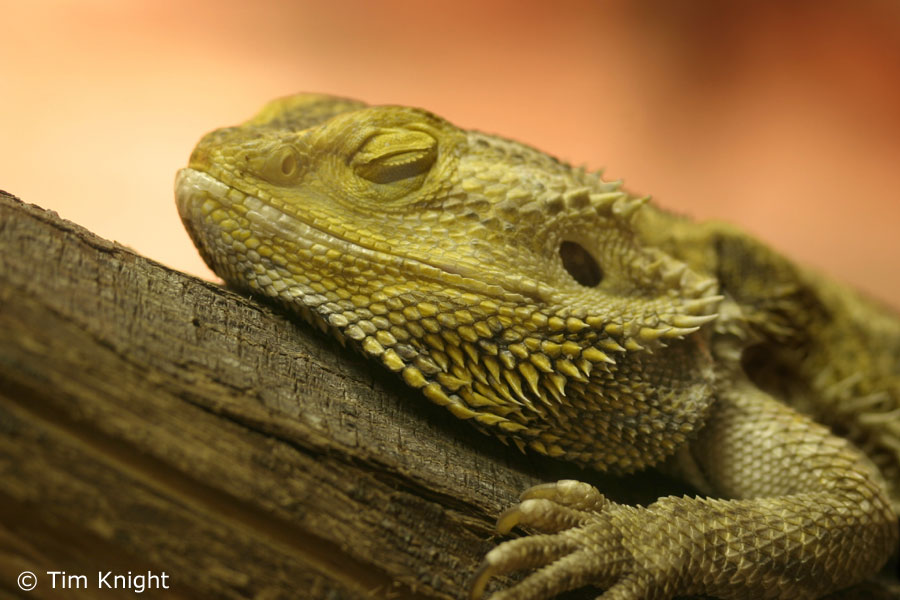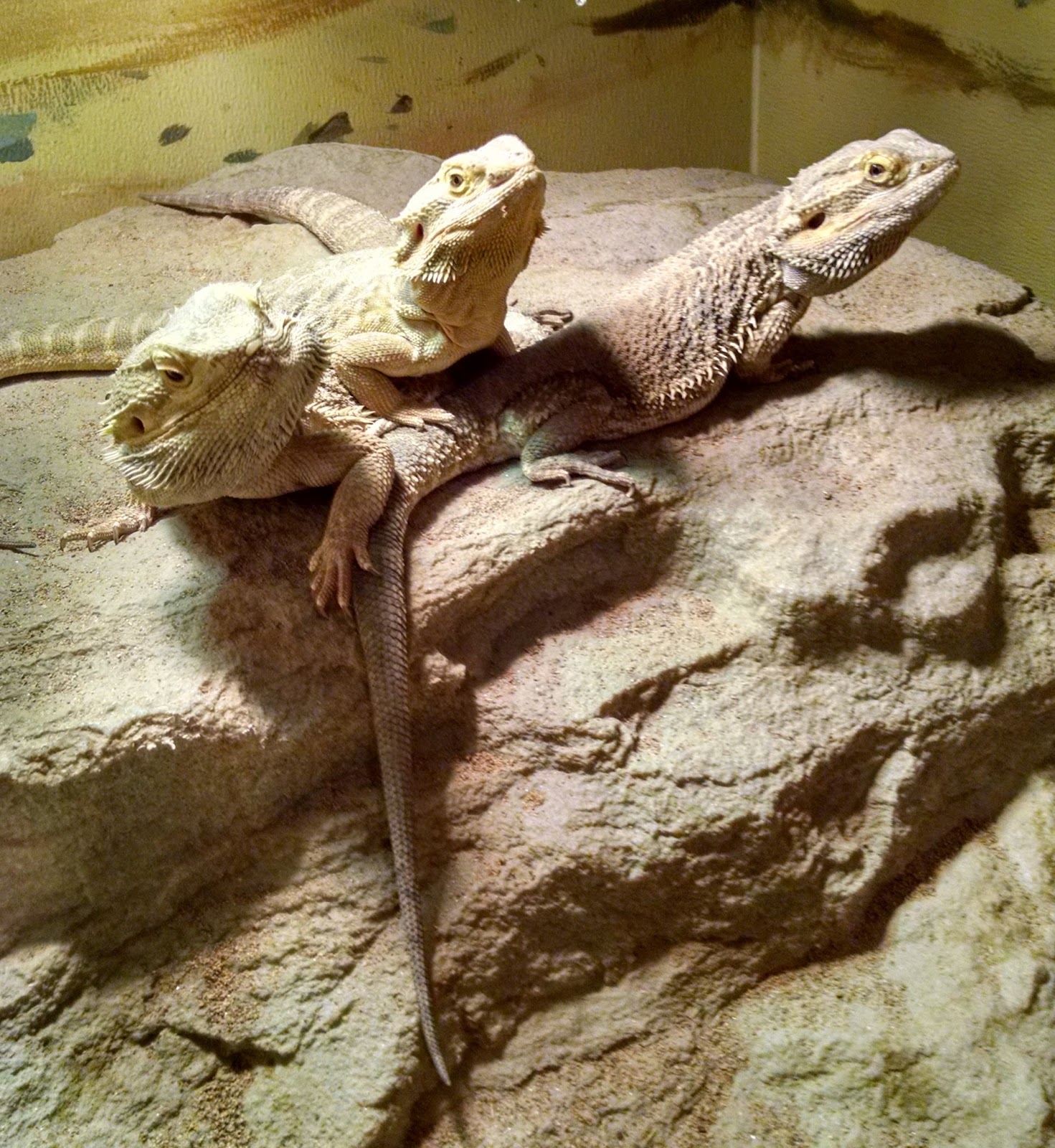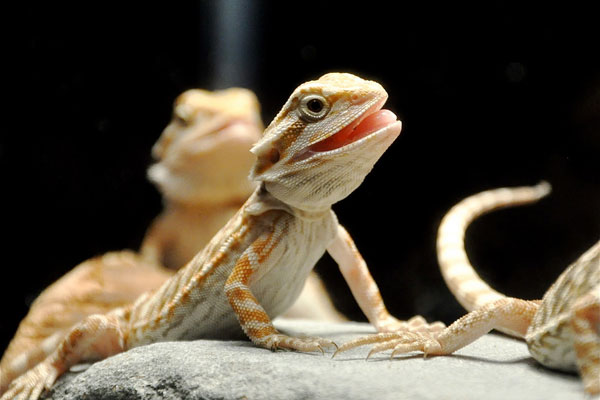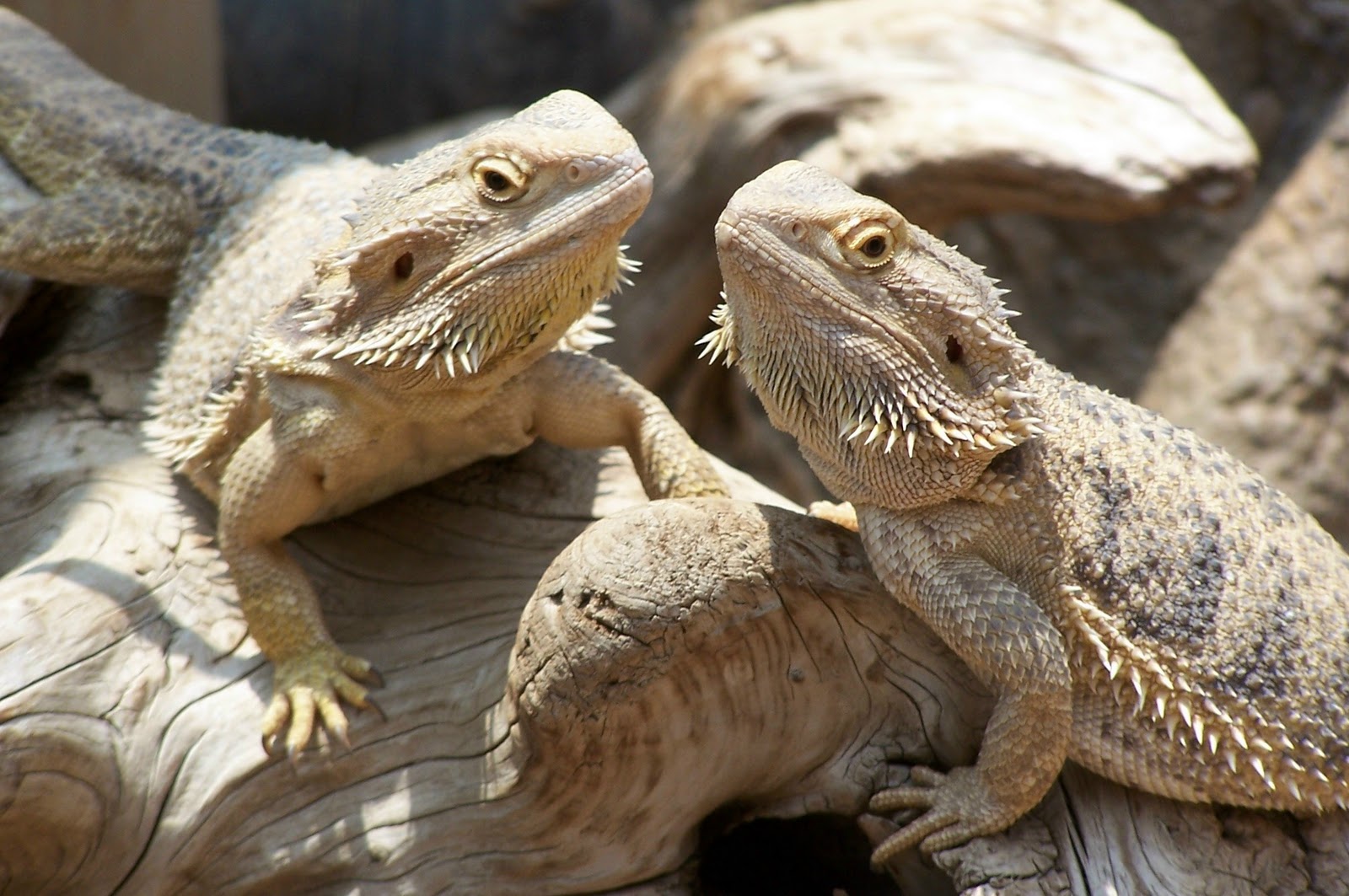The Complete Guide to the Life Span of Bearded Dragons: What You Need to Know
Introduction
Bearded dragons are one of the most popular reptile pets in the world. They are known for their docile nature and amusing behaviors, as well as their striking appearance with their distinctive beards. These pets can make great companions for those who are willing to take the time to learn about their care and maintenance. One of the most important aspects of bearded dragon care is understanding their life span.
What is the Life Span of a Bearded Dragon?
Bearded dragons can live between 8 and 15 years on average, but some have been known to live up to 20 years. This life span can vary depending on several factors such as:
- Diet and nutrition
- Habitat and environment
- Genetics
- Overall care and maintenance
By ensuring that you provide your bearded dragon with proper care, you can help them live a long and healthy life.
Factors That Affect the Life Span of Bearded Dragons
There are several factors that can influence the life span of bearded dragons. As mentioned earlier, diet and nutrition, habitat and environment, genetics, and general care and maintenance can all affect the life span of these reptile pets. Let’s take a closer look at each of these factors:
Diet and Nutrition
A healthy diet is crucial for any pet, and bearded dragons are no exception. These pets require a diet that is high in calcium, vitamins, and minerals to keep them strong and healthy. A diet that is too high in fat or low in nutrients can lead to health problems and a shorter life span. Feeding bearded dragons a balanced diet of insects, leafy greens, and other vegetables is essential for their overall health and longevity.
Habitat and Environment
Bearded dragons require a specific type of habitat and environment to live a healthy life. Their habitat should include a basking area, a cool area, and hiding spots. The temperature and humidity levels in their enclosure should be carefully monitored to make sure they are within the optimal range. Bearded dragons also need exposure to sunlight or UVB lighting to help them produce vitamin D3, which is essential for their overall health.
Genetics
Genetics can play a role in the life span of bearded dragons. Some genetic conditions can lead to health problems and a shorter life span. It’s important to do your research when purchasing a bearded dragon to make sure you are getting one from a reputable breeder who is breeding for overall health and longevity.
General Care and Maintenance
Finally, general care and maintenance can also have a big impact on the life span of bearded dragons. Regular cleaning of their enclosure, proper hydration, and regular vet check-ups can all help to keep them healthy and extend their life span. Bearded dragons are susceptible to a number of health issues such as metabolic bone disease and respiratory infections, so it’s important to be aware of these potential problems and take steps to prevent them.
Conclusion
Understanding the life span of bearded dragons is important for any pet owner who wants to give their pet the best possible care. By taking steps to ensure that they have a healthy diet, proper habitat and environment, good genetics, and general care and maintenance, you can help your bearded dragon live a long and happy life. Remember, the key to keeping bearded dragons healthy is to do your research, be aware of potential health issues, and take steps to prevent them from occurring.









